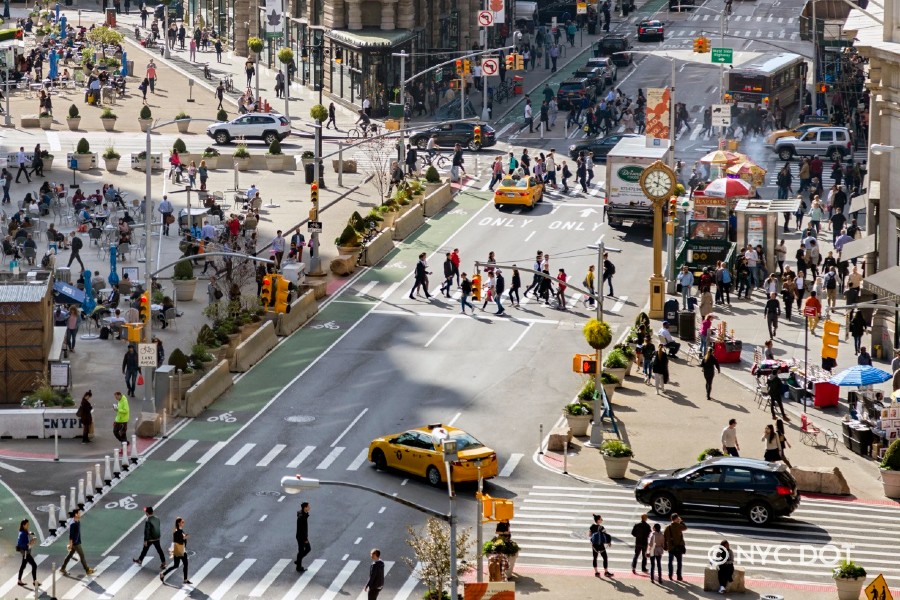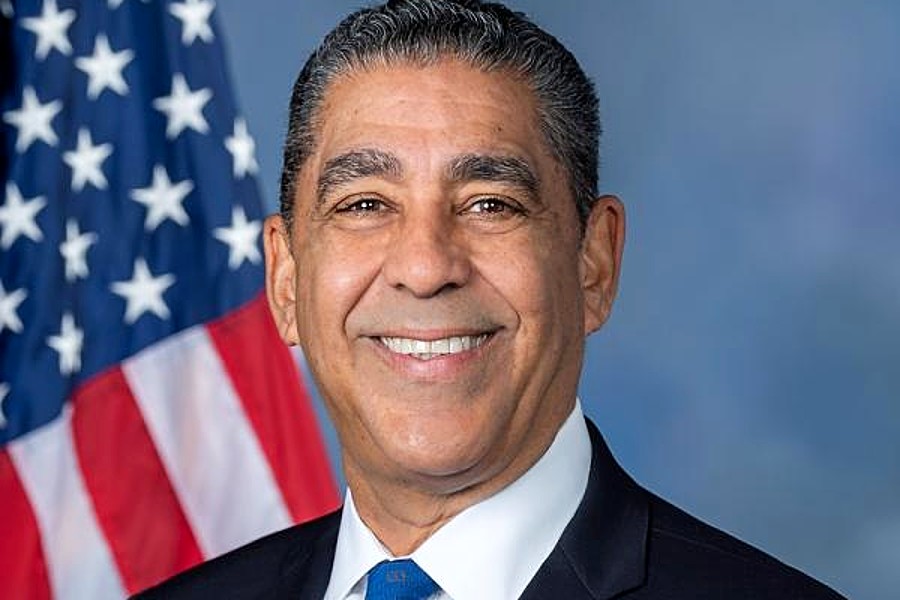
New York State Senator Brad Hoylman-Sigal (D/WFP-Manhattan) and Sam Schwartz a.k.a. “Gridlock Sam” has released a ground-breaking report.
The report shows how record slow speeds caused by congestion have resulted in significant increases in emergency response times, jeopardizing the health and safety of New Yorkers.
The findings of the report show:
Midtown Speeds are the slowest since records have been kept for over a half-century. FY 2024 speeds, as reported by NYC, dropped to 4.8 mph. A decade ago, they were 20% higher at 5.7 mph.
The Central Business District (CBD), the area where congestion pricing was to start in June, saw speeds drop below 7 mph for the first time in 2024. A decade ago, they were 8.2 mph.
“… the most congested city on the planet jumping from 4th to 1st since 2019.”
Traffic data company INRIX reported that NYC was now the most congested city on the planet jumping from 4th to 1st since 2019. The average NYC driver now spends 101 hours per year in congestion.
A different data company, Streetlights, reported that NYC has seen the biggest increase in congestion of any US city over the past 5 years.
Over the past decade emergency response times in every category worsened for medical, police and fire vehicles.
A comparison of July 2024 with July 2014 response times shows that:
- EMS Life threatening response times increased 29% from 9.6 minutes to 12.4 minutes, an increase of 2.8 minutes.
- FDNY Medical Emergency response times jumped by 70% going from 8.3 minutes to 14.3 minutes.
- NYPD Critical, which includes shootings, robberies or burglaries and is the most urgent category reported, jumped from 7.9 minutes to 9.7 minutes, an increase of nearly 2 minutes.
Slower response times to medical emergencies could worsen outcomes to patients including brain damage, paralysis and even death:
- For every minute of delay in a stroke patient nearly 2 million brain cells die which can result in severe disabilities, such as loss of speech, paralysis, or even death.
- With cardiac arrest patients, the odds of survival drop by 10% for each minute of delay.
The full report can be found here and is also attached to this email.
Senator Brad Hoylman-Sigal said: “Our report shows that congestion pricing is a public health issue. New York City is the most congested city on the planet and that congestion is not just a massive headache for New Yorkers, who on average now spend over 100 hours per year stuck in traffic, it is creating a legitimate public health crisis. Our report found that over the past decade as congestion has increased so has response time by emergency vehicles. Slower response times, the result of congested streets, have been proven to lead to worse health outcomes. Sadly, I witnessed this delay in emergency services first-hand back in June as I watched a man writhing in pain for 37 minutes in Chelsea waiting for an ambulance to arrive. To protect the health of New Yorkers and allow our incredible first responders to do their jobs most effectively we need congestion relief and we need it now.”
“Gridlock” Sam Schwartz said: “I’ve been a cab driver, a bike delivery boy and traffic commissioner. Traffic has never been this bad and it’s getting worse each year. Now it could be a matter of life and death especially during UN Week when traffic speeds drop to 3 mph.”
Photo credit: HWM.
Become a Harlem Insider!
By submitting this form, you are consenting to receive marketing emails from: . You can revoke your consent to receive emails at any time by using the SafeUnsubscribe® link, found at the bottom of every email. Emails are serviced by Constant Contact








